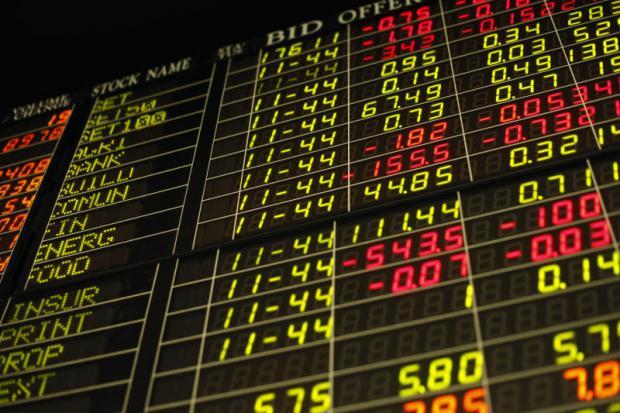Thailand: Ministry weighs tax on share-selling capital gains
The Finance Ministry is considering whether a capital-gains tax exemption given to investors in the Thai stock market is still essential and is set to review tax incentives offered to several sectors including farmers.
Whether the current tax incentives are still crucial for the Thai stock market is one of three initiatives to be weighed by the Finance Ministry in amending the Revenue Code, which is expected to be concluded in the next two months, said Somchai Sujjapongse, permanent secretary for finance. The other two are government revenue and fairness to taxpayers, he said.
Capital gains from selling shares of a Thai stock are tax-exempt, which has attracted investors to the Thai bourse. The Stock Exchange of Thailand (SET) started paying corporate income tax last year, showing its intention to avoid being considered a tax shelter, as some have dubbed the exchange since it was incorporated in April 1975.
Mr Somchai assigned Lavaron Saengsanit, an inspector-general, to collaborate with the Revenue Department in reforming taxation.
Apart from tax incentives in the equity markets, tax privileges to other segments, such as farmers will also be considered, he said.
Pattera Dilokrungthirapop, chairwoman of the Association of Securities Companies, said the Finance Ministry should weigh the competitiveness of Thailand’s capital market against its regional peers, as the majority of them also do not impose a capital-gains tax.
The Finance Ministry should consider whether any new measure is in line with international practice, said Paiboon Nalinthrangkurn, chief executive of Tisco Securities and director of the Federation of Thai Capital Market Organizations. Most capital markets in Asia-Pacific do not implement a capital-gains tax, he said.
There is sufficient tax collection such as the dividend tax or taxing profits from the SET, said Mr Paiboon.
“The Finance Ministry should think about keeping to international practices to maintain the domestic stock market’s competitiveness in the long run as an effective fund-raising source for the private sector,” he said.
“There is intense competition among the global capital markets. If it becomes inconvenient to invest here, investors have many other options.”
The ministry also has to decide whether other incentives linked with long-term investment in the capital market, such as tax rebates for long-term equity funds and retirement mutual funds, will be annulled, Mr Paiboon said.
In related news, Mr Somchai said the land and buildings tax is expected to take effect in 2019.
Even though the cabinet approved a bill on the land and buildings tax in March, the much-awaited bill is still stuck in deliberation in the National Legislative Assembly (NLA) as lawmakers have questioned whether a 50-million-baht ceiling for the tax exemption for first homes is too much and should be lowered to widen the number of taxpayers.
Some NLA members thought the ceiling is unfair because those who own more than one residence are subject to the tax even if their homes’ combined value is less than the 50-million-baht threshold for the first home.
The NLA’s committee on the land and buildings tax has proposed to lower the maximum tax exemption for first homes to 20 million baht from 50 million, and the Finance Ministry has agreed the threshold reduction will increase number of the potential taxpayers.
The ministry recently said first-home and farmland owners who will be exempt from the tax accounted for 90% of total land owners under the 50-million-baht ceiling tax exemption. The ministry’s recent survey also found only 8,556 residences and farmland, or 0.04%, valued at more than 50 million baht.
Source: http://www.bangkokpost.com/business/finance/1322651/ministry-weighs-tax-on-share-selling-capital-gains


 Thailand
Thailand




